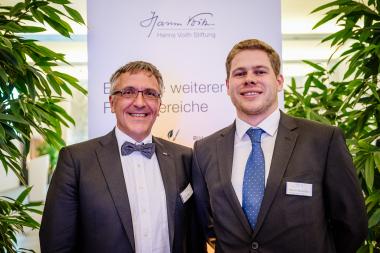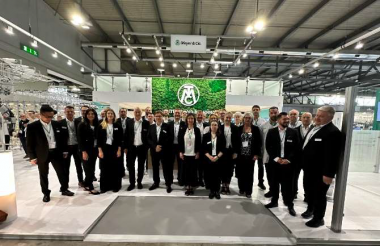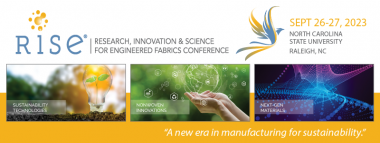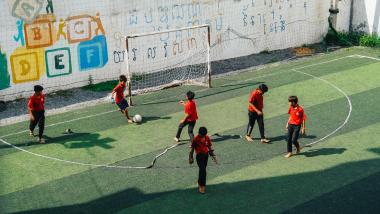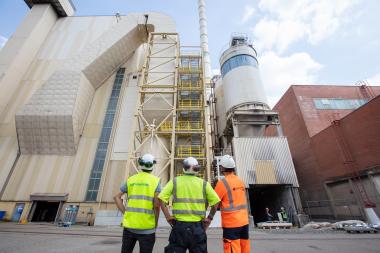Premium Group: Anita Tillmann hands over to Jörg Arntz
The Premium Group, an European event and trade fair organiser for fashion and lifestyle, is entering a new chapter: founder Anita Tillmann is handing over to her business partner Jörg Arntz and the experienced management team. After almost 21 years of successful management, serial entrepreneur Anita Tillmann will retire from operating business at the end of this year. She will remain with the Premium Group as a strategic advisor.
Jörg Arntz, the long-standing managing director of Premium Group, will continue to lead the company as managing director, with the strategic support of Anita Tillmann. Operational implementation and content development will continue with the proven PREMIUM and SEEK teams in line with the formats. "I am delighted to have had Anita by my side over the past 10 years. The goal remains to strengthen the Premium Group's position as a forward-thinking and established platform in the national and international markets. We challenge traditional KPIs, develop sustainable business models hand-in-hand with the industry and share this know-how with our communities. We will continue to drive innovation and growth in close exchange with the industry. The demand for an organised industry meeting in Berlin is still very high. We are firmly convinced that the relevance of personal exchange will become even more important in the future and with it modern platforms like PREMIUM and SEEK."
Premium Exhibitions GmbH









